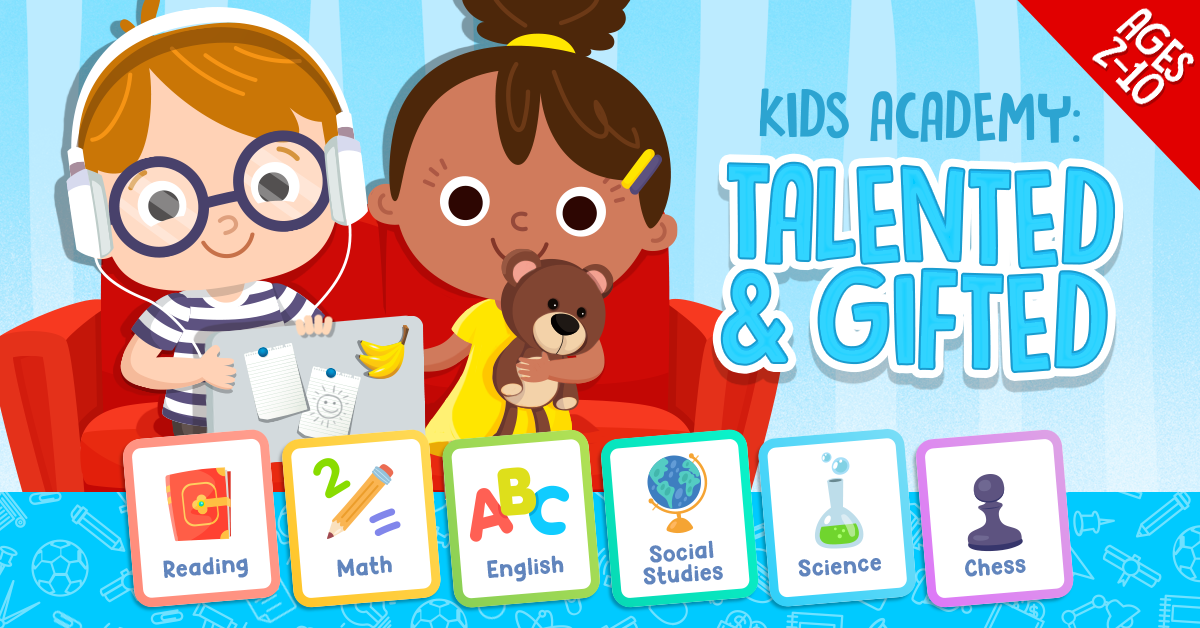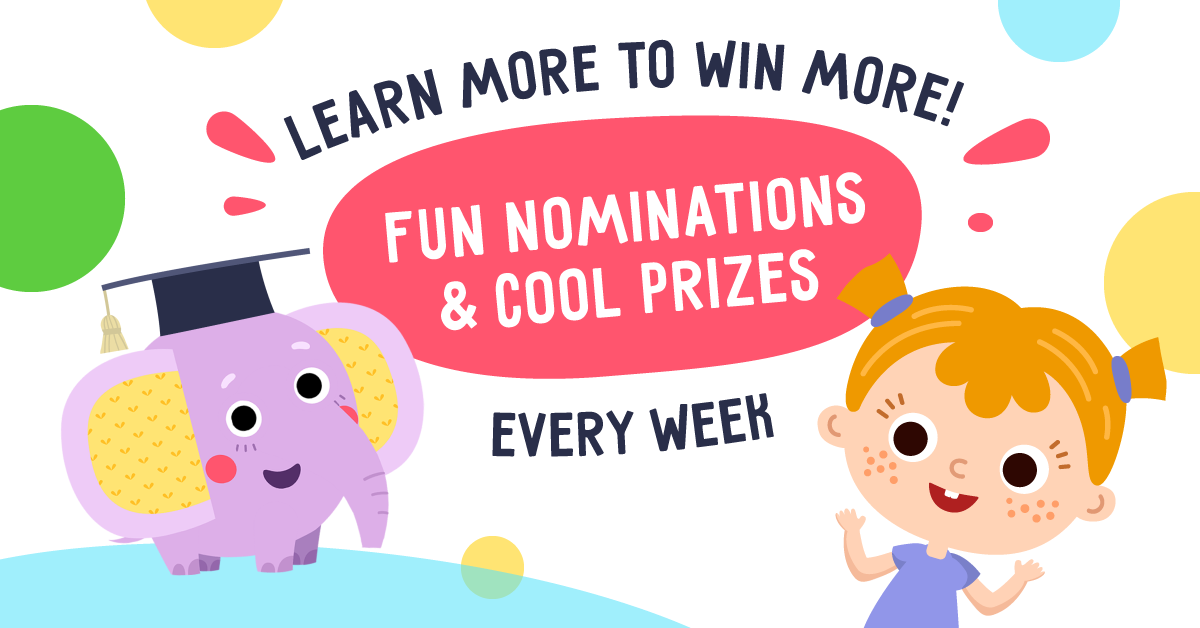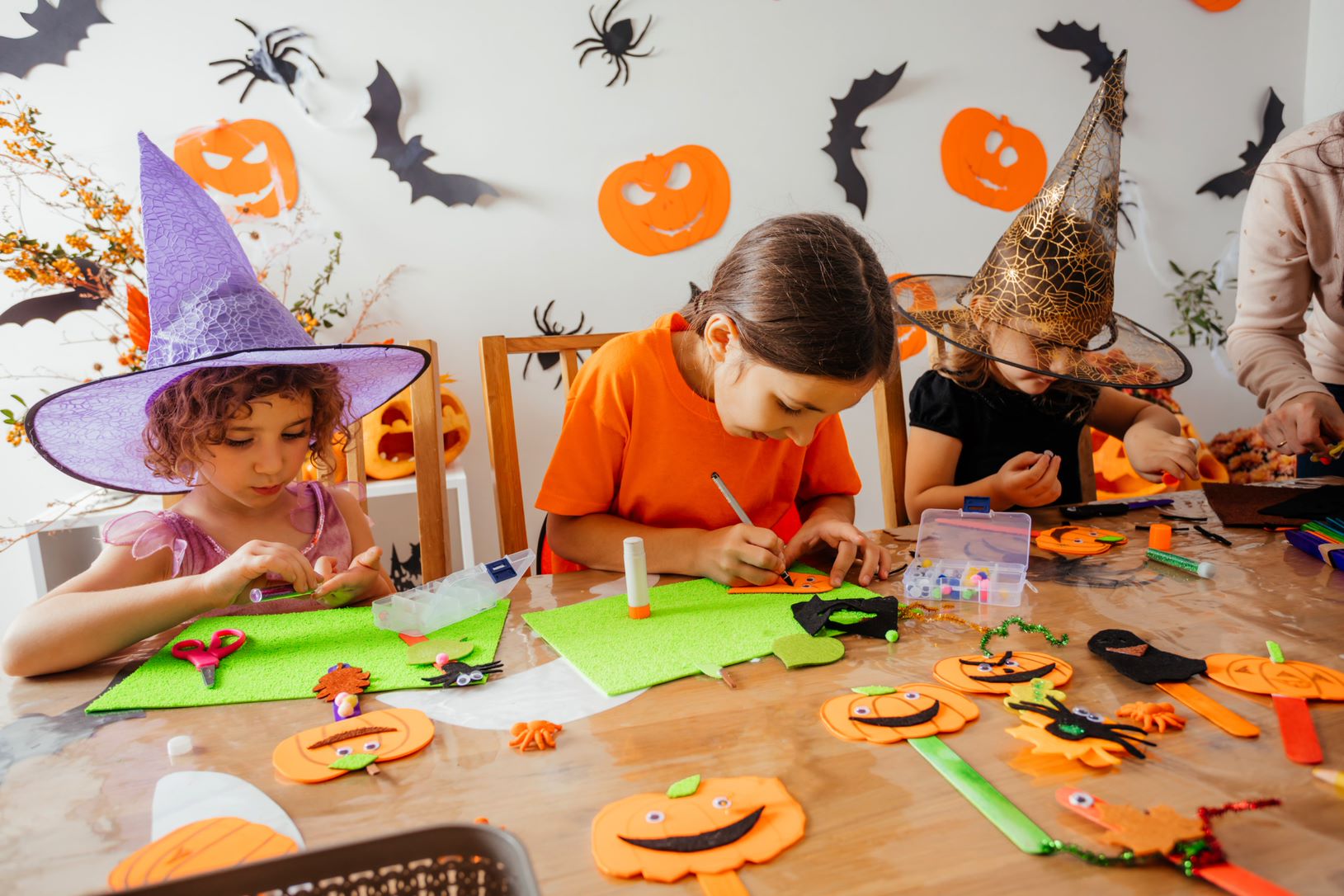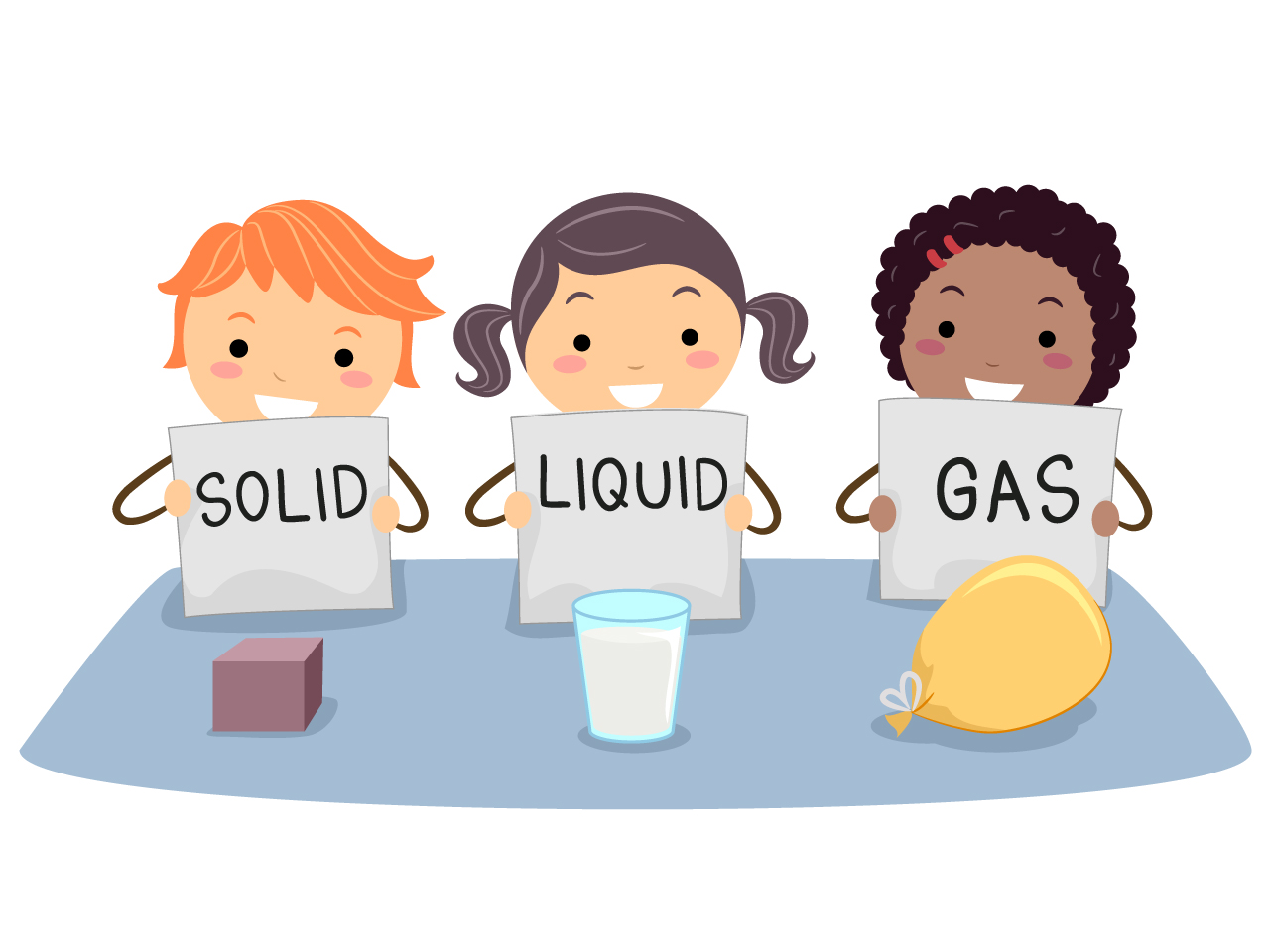What Is Gifted and Talented Education
April 23, 2022
Do you sometimes wonder whether your child might be gifted?
Maybe your child reads voraciously, talks endlessly and has a never ending stream of questions. Maybe your child has a quirky sense of humor and seems wise beyond their years. Maybe they are inconsolable when they fail at something.
Whether your child is designated gifted or not, it’s a worthy subject to explore. You might recognize traits of giftedness in your child and want to nurture these traits, or simply understand better how to parent your child.
Gifted and talented children come from all walks of life, irrespective of income level, race, ethnicity or gender. In the United States, there are about 3.2 million students in the public school system that are enrolled in gifted and talented programs.
What does it mean to be “Gifted”?
The Elementary and Secondary Education Act, describes gifted students like this:
Students, children, or youth who give evidence of high achievement capability in areas such as intellectual, creative, artistic, or leadership capacity, or in specific academic fields, and who need services and activities not ordinarily provided by the school in order to fully develop those capabilities
Most states and school districts use this definition, or a variation of it. Of course, children manifest giftedness in different ways, and even amongst gifted children, there is a mix of strengths and needs.
One gifted child may demonstrate an extraordinary capacity to learn Math and Science and yet be ordinary in other areas. Another child might be an all-rounder, but not demonstrate the same capacity as the first in any one area.

Although no two gifted children are the same, many have some common traits such as the ones alluded to earlier; the boundless enthusiasm about learning, the sense of humor, the perfectionism - to name a few.
Other traits include having a variety of interests, being exceptionally creative, being highly empathetic, being highly independent and persistent when it comes to academic pursuits. There are many traits of giftedness and no one child manifests all of them.
To enroll in a gifted program, your child must be tested using state or district approved tests and must fall above a certain threshold. If a child falls in the 97th percentile where the threshold is 98th percentile, they don’t get the gifted designation. But are they gifted? Maybe in your judgment they are. But they are not entitled to the services protected by law.
What do gifted programs look like?
A lot depends on the state or school district.
According to the US State Department, “Gifted children have special educational and social and emotional characteristics, and the responsibility for educational planning falls upon the individual family.” In effect, parents need to research what programming is available and whether these match their child’s needs. They must advocate for appropriate programming throughout the child’s time in school.
Something else to consider is that not all gifted programs are created equal. Funding and protections under the law vary from state to state.
That being said, in general a variety of options exists. According to the National Association for Gifted Children, these may include “pull-out programs, advanced classes, acceleration, dual enrollment, differentiation of curriculum and instruction, and specialized, self-contained schools.”
One way that this might look is that your child remains in their regular class but receives special accommodations in the form of enrichment activities, extensions or other opportunities that are appropriately challenging. Essentially, these programs allow gifted children to stay with their age groups but go deeper and wider into the same curriculum than other children in the same class would do.
Another way a gifted program might look is that there is some acceleration in your child’s learning. This might mean “skipping” a grade level if your child is able to thrive in that advanced grade.
A third configuration is full-time grouping with other gifted students, which might allow them to experience the best of both worlds - both enrichment and acceleration. An example of this is The Johns Hopkins Center for Talented Youth where they provide learning pathways for students from grades 2-12. Students get the benefit of learning alongside peers with similar abilities and experience the rigorous academic work for which they crave.
Benefits of participating in a gifted program
Should you enroll your child in a gifted program? An accelerated program might be what your child needs to adequately challenge their intellectual ability. But being one or two grade levels ahead of their peers might result in some social-emotional challenges. You might say other challenges would exist anyway in a class where your child is unable to fit in since there are no intellectual peers. You know your child best, and are the best judge about this.
If they are not appropriately challenged, gifted children get bored easily and sometimes misbehave out of frustration. At the same time, a lack of balance between intellectual and other pursuits could lead to early burn out. Again, things to consider.
All in all, experts agree that gifted children need special programming to help them realize their full potential. It’s up to you to inform yourself and find the right program for your gifted child.
~~~~~~~
Kids Academy’s Talented and Gifted is an app created with the gifted and talented programs in mind. The app allows pre-school and elementary aged children engage in varied learning opportunities to uncover their talents and improve their mastery of subjects. It offers the kind of rigor gifted children crave and allows them to work at their own pace - to advance as quickly as they like.
Kids Academy’s Talented and Gifted is an app created with the gifted and talented programs in mind. The app allows pre-school and elementary aged children engage in varied learning opportunities including interactive worksheets, videos, quizzes, and learning games. The well-rounded and structured curricula enable kids from 2 to 10 years old to uncover their talents and improve their mastery of Math, English, Science, and Social Studies. Kids can also practice chess and there is an arts and crafts course through which they can explore their creativity. Overall, Kids Academy’s Talented and Gifted app offers the kind of rigor gifted children crave and allows them to work at their own pace - to advance as quickly as they like.












